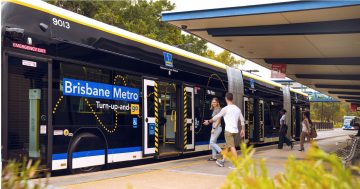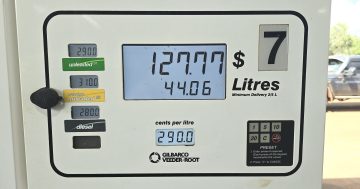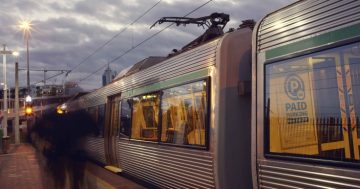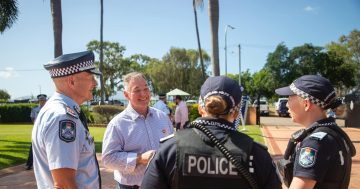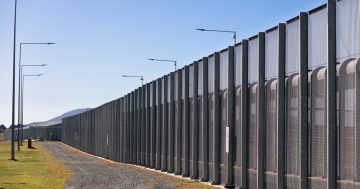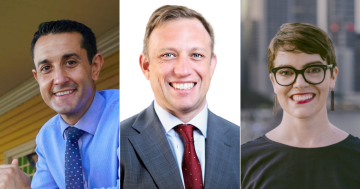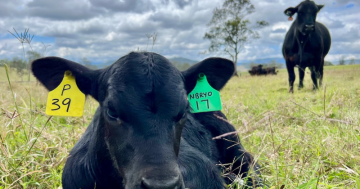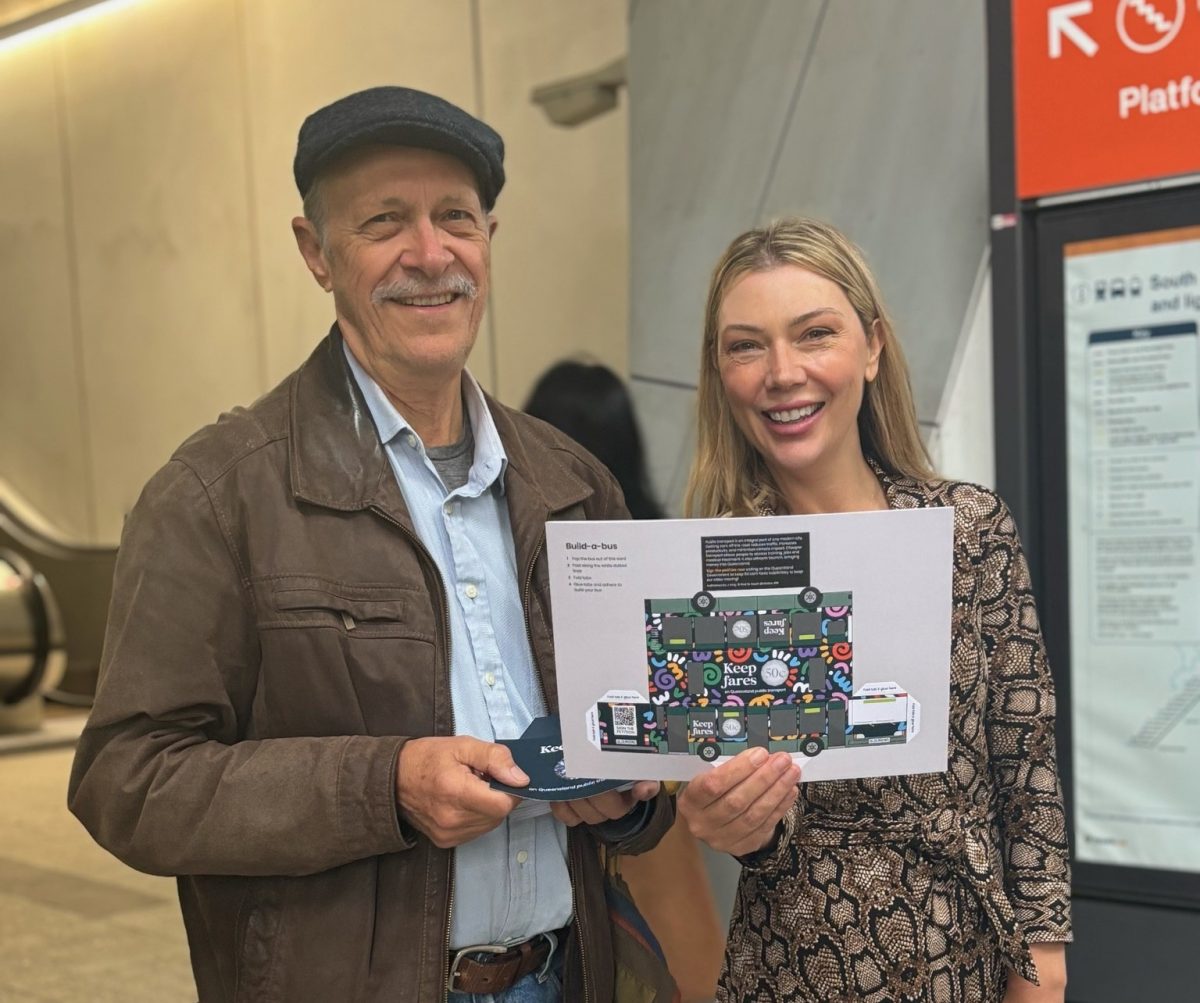
On its first day, Queensland Unions’ petition received almost 2000 signatures and is nearing its goal of 3000. Photo: Queensland Unions.
Queensland Unions (QU) has almost reached its goal of 3000 signatures for its petition seeking to make 50 cent fares on public transport permanent following the government’s six-month trial.
Just ahead of the state election in October, the peak body, representing over 400,000 workers, is calling for Premier Steven Miles and his Labor Government to retain the fares.
Since Monday (5 August), all Translink public transport services – including train, bus, tram, on demand transport and ferry – have had a flat 50 cent fare, no matter the distance travelled. The Queensland Government claims it will save commuters $150 million over the six-month trial.
QU General Secretary Jacqueline King said the state’s workers wanted to know where the government sat on this “really promising” 50 cent fare trial, “a measure we know is already helping ease some of the financial pressure on household budgets”.
“What we need next is confirmation that this trial isn’t just an exercise in vote buying but represents an ongoing commitment by the Miles Labor Government to measures that will help alleviate not only rising cost of living, but also congestion on our roads and climate impact.”
When the trial was launched, Premier Miles said it was part of his government’s more than $11 billion package of savings and concessions. This package included a $1000 energy bill rebate for every household, a 20 per cent cut to vehicle registration fees, and various reductions on Airtrain fares.
The state believes more public transport use will help reduce congestion, particularly across the South East.
Transport and Main Roads, Queensland Rail, Translink and Brisbane City Council will be working together over the six-month trial to monitor the impacts.
Transport Minister Bart Mellish said this “monumental cost-of-living initiative” was possible due to there being capacity on the public transport network, as current patronage sat at around 87 per cent of pre-COVID levels.
Premier Miles said at the launch it was his hope that with the 50 cent fares, Queensland could recover to those pre-COVID patronage levels, while also reducing congestion and creating some new travel habits.
“It’s always struck me that we charge the people who travel the furthest the most, when those are likely the people who can least afford it,” he said. “And, those are the long-distance travellers that we want to get off our busy roads, like the M1 and Bruce Highway.
“Ultimately, this will save those who are already catching the bus or train a lot of money and save those who are driving even more.”


